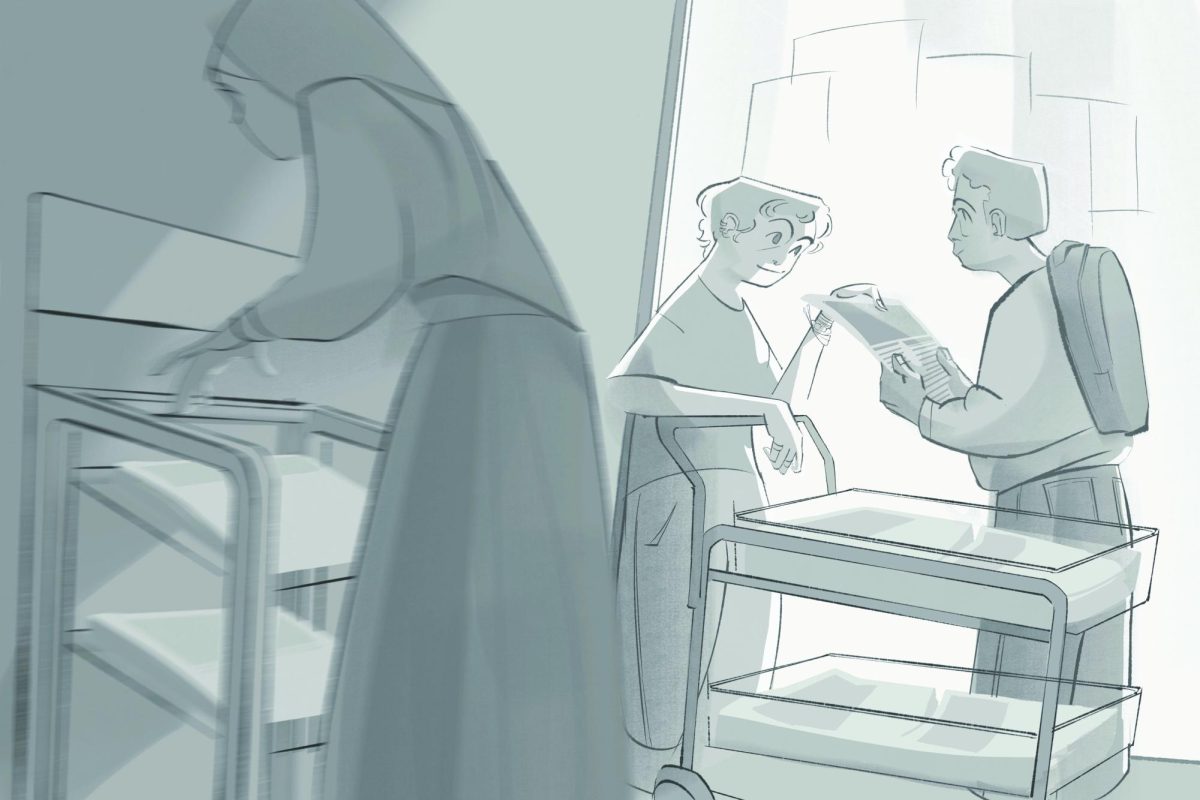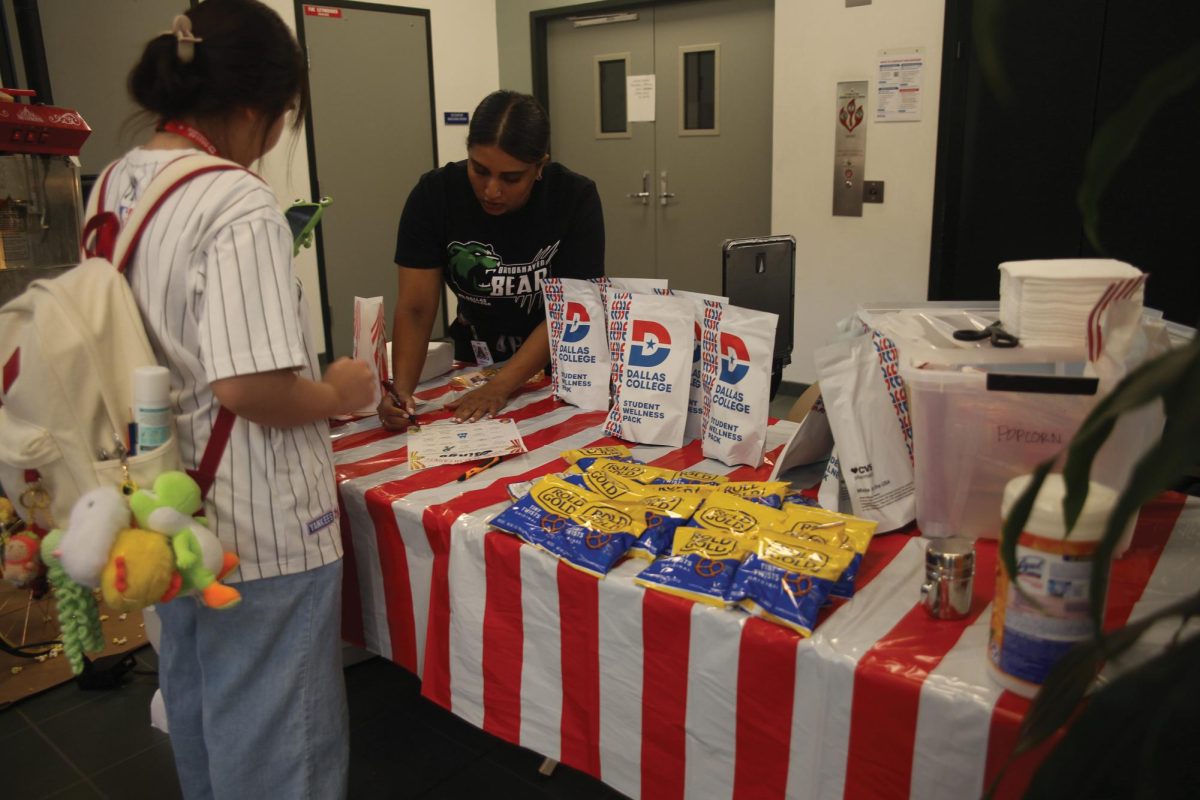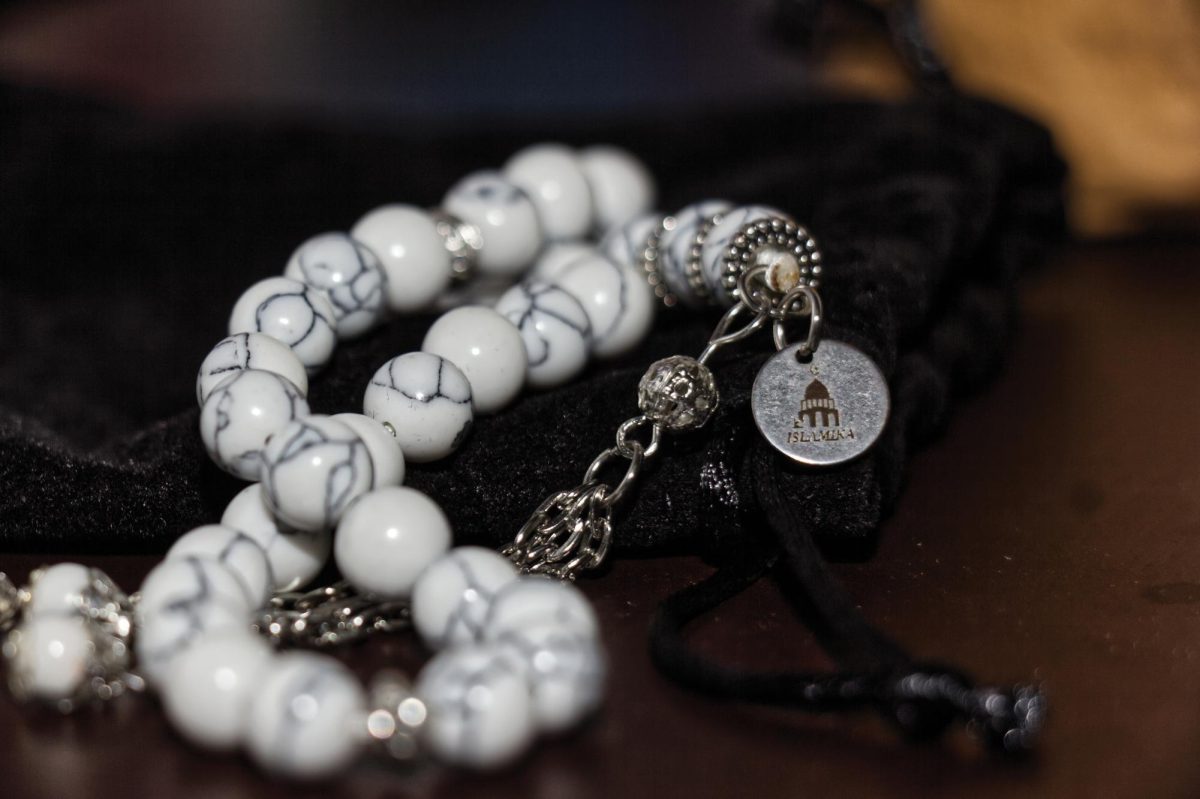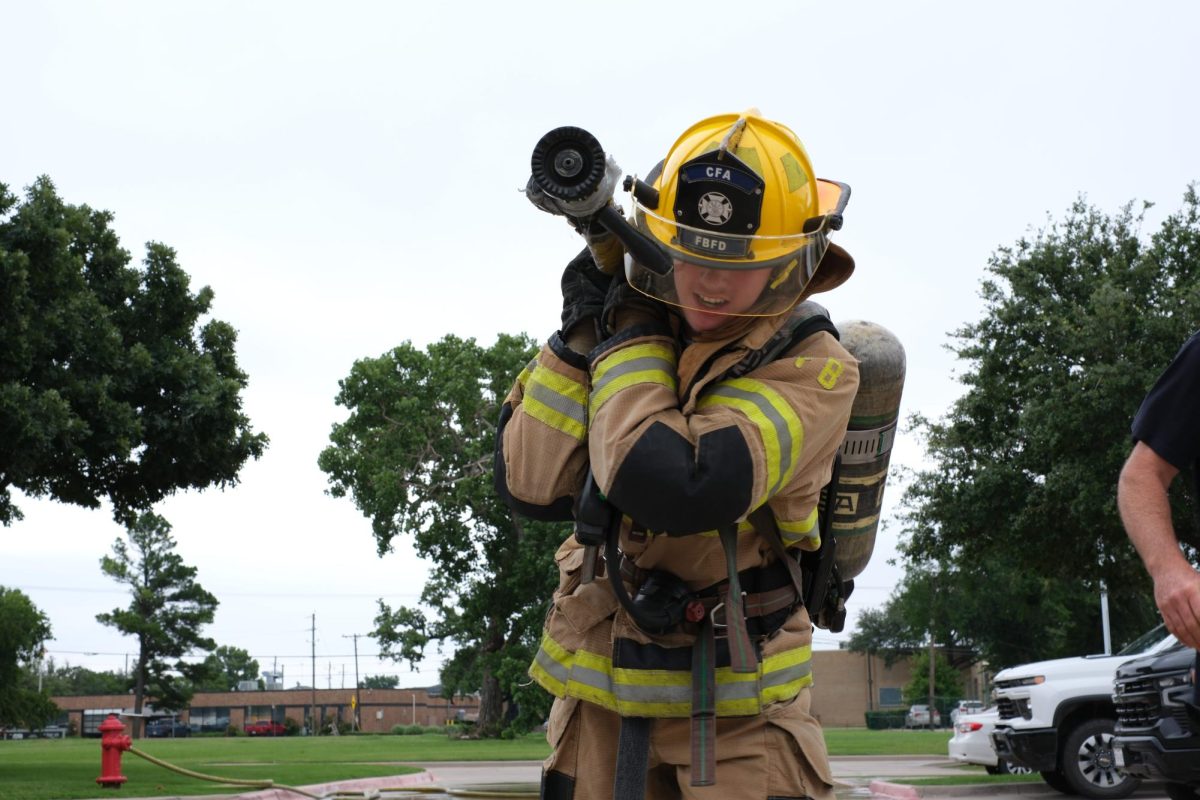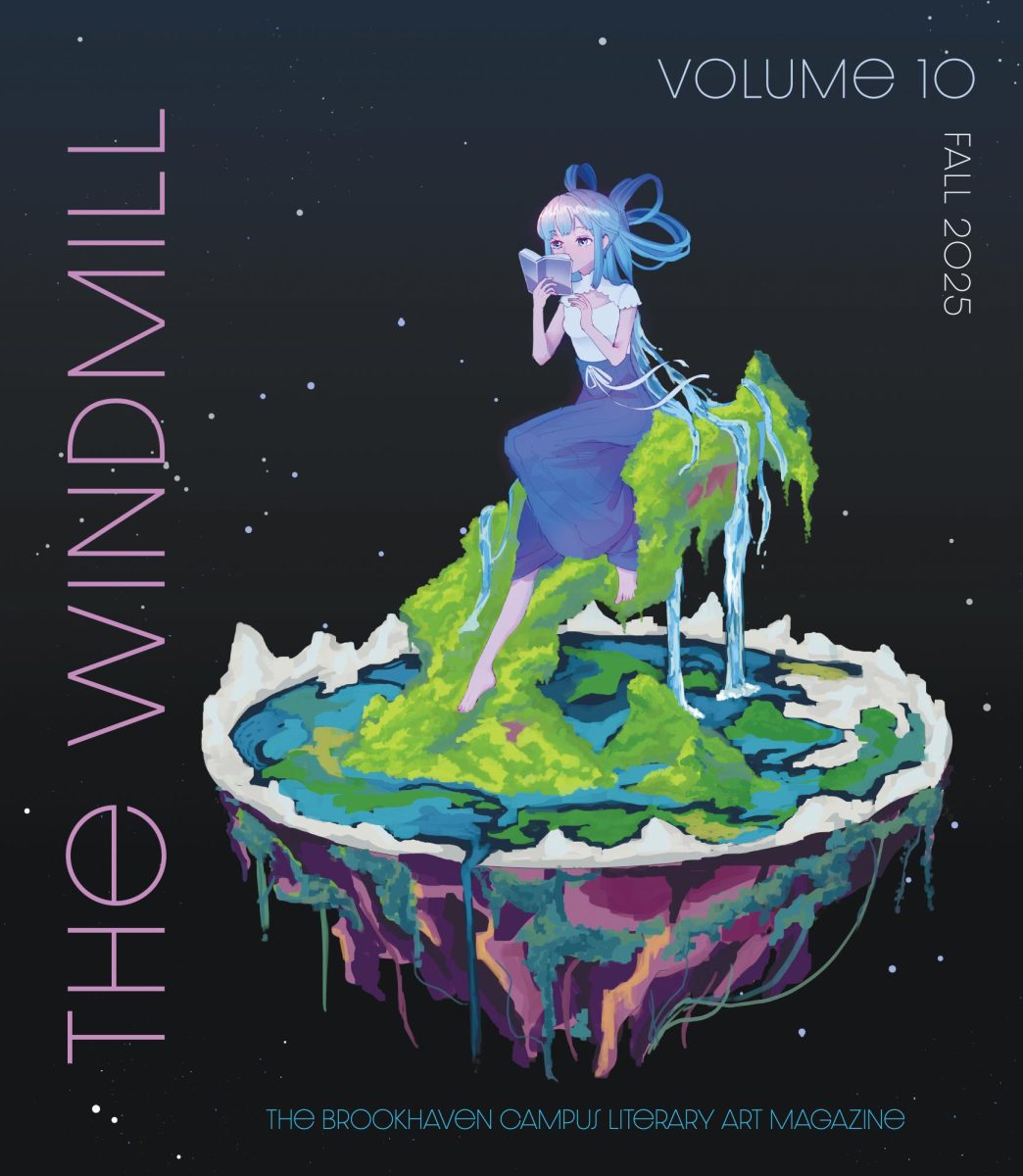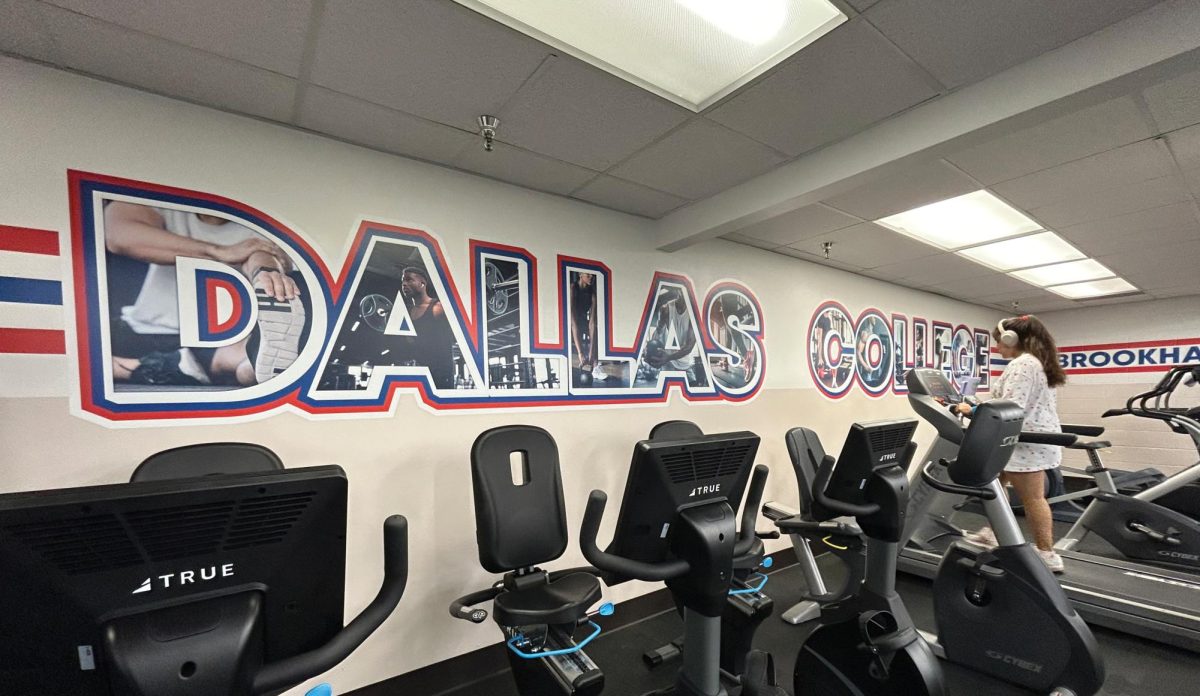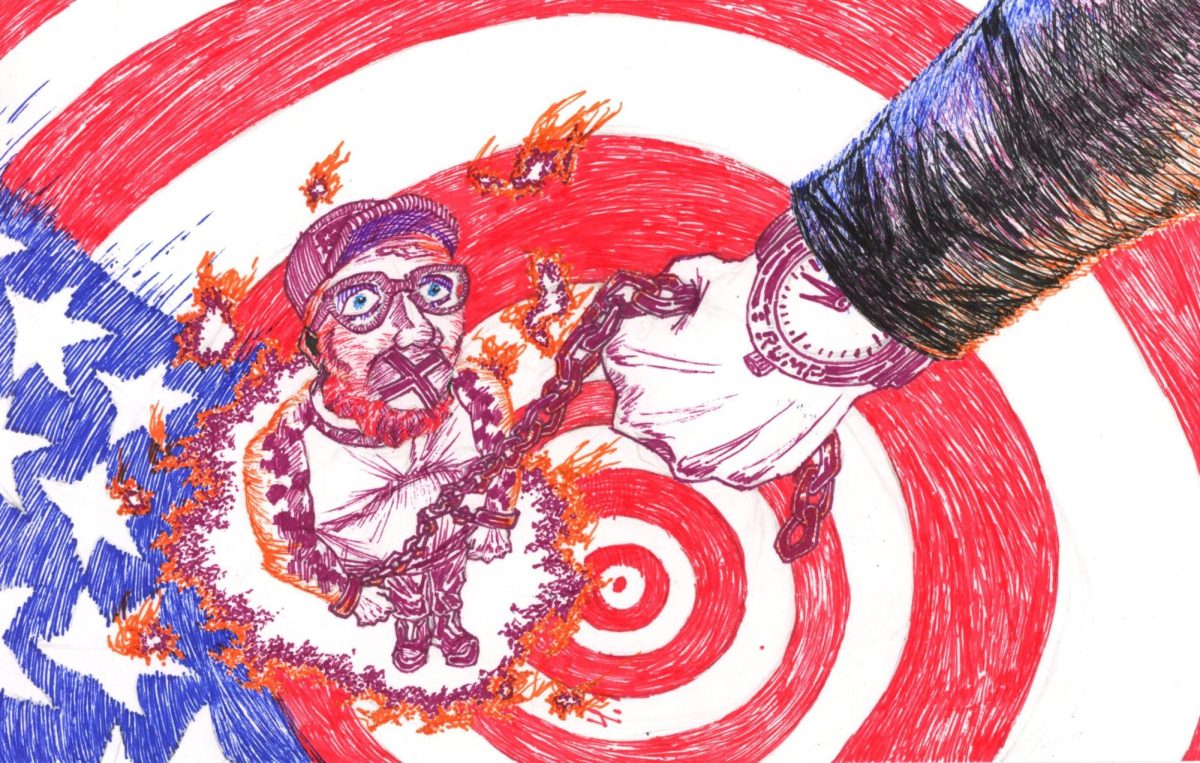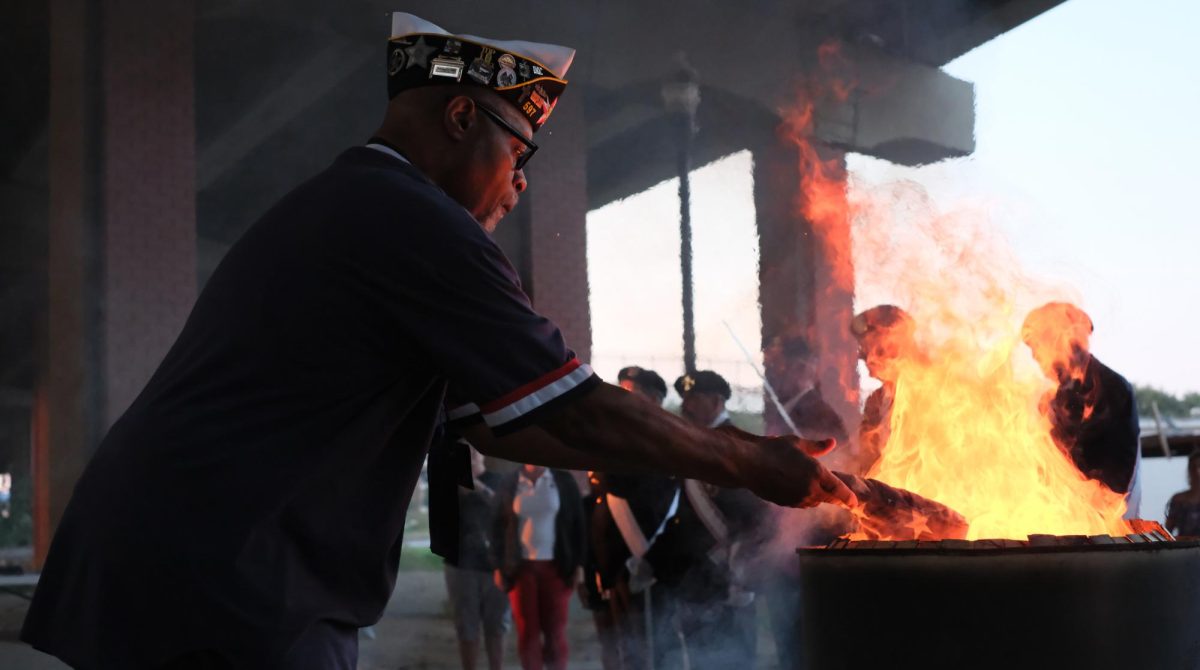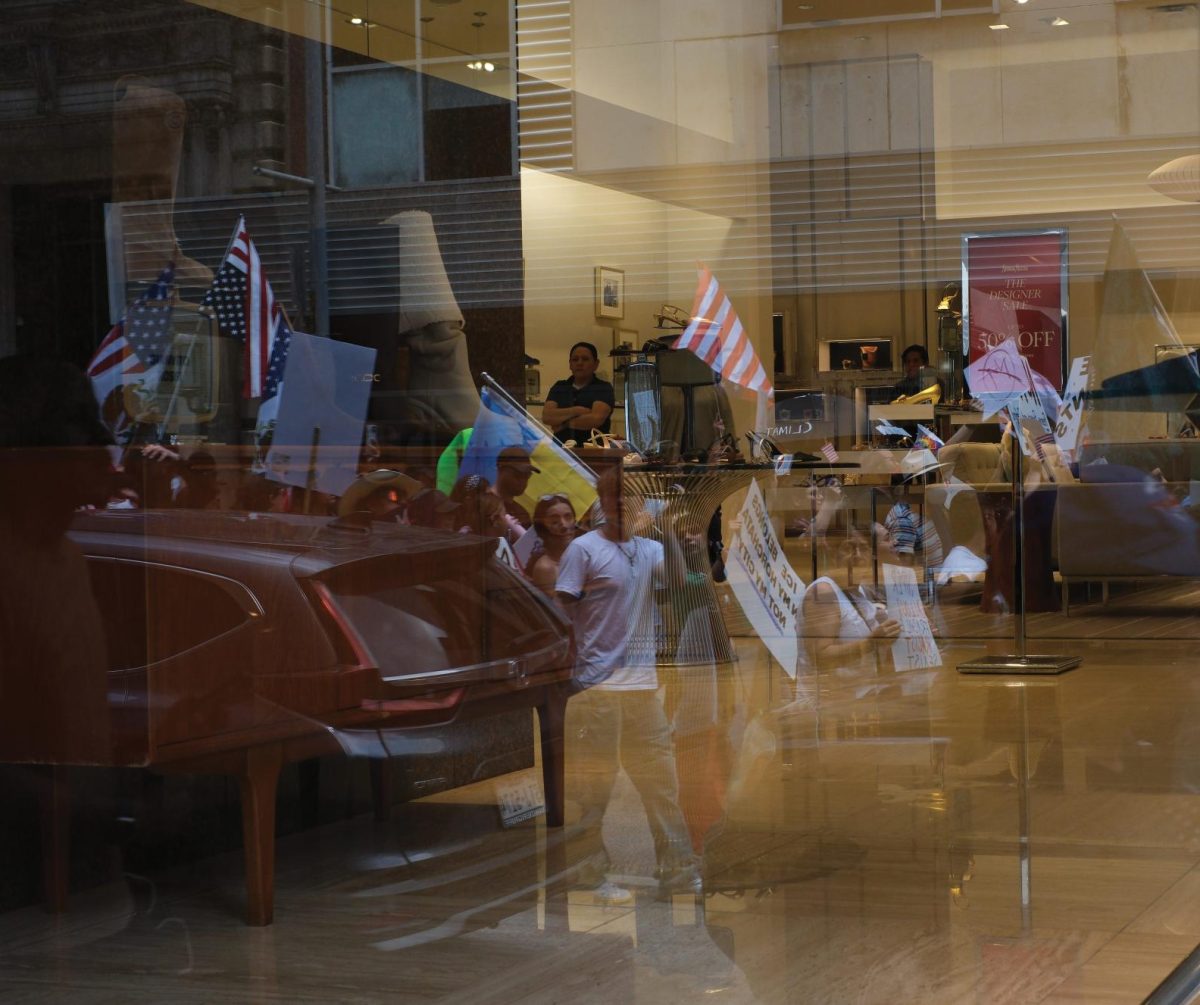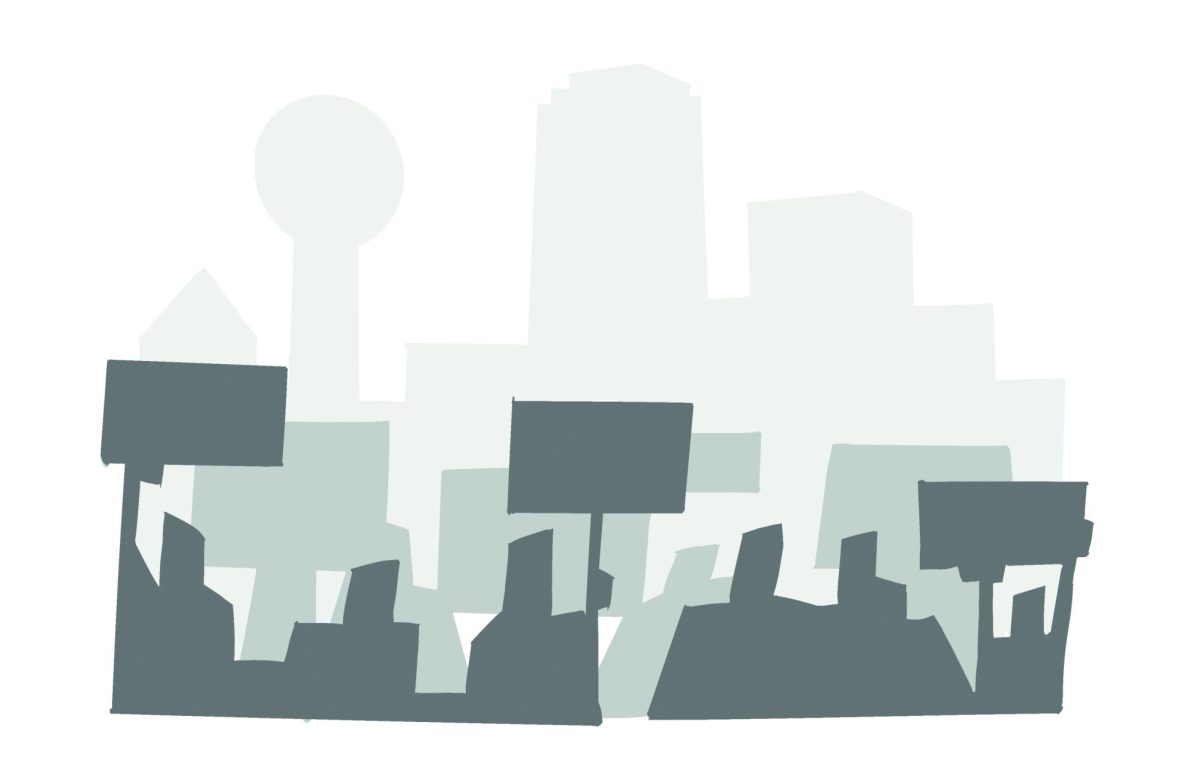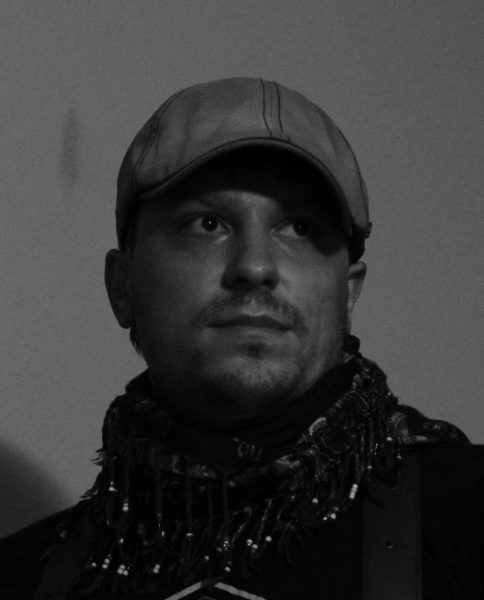When the press went quiet at the University of Texas at Dallas last year, administrators probably thought that was the end of it. The student paper, The Mercury, had been shuttered, and with it, an inconvenient voice. But instead of staying silent, those students started their own underground newsroom: The Retrograde.
That story matters far beyond Richardson. What happened there is a reminder of how fragile local journalism has become in North Texas and why it’s worth defending, even preemptively.
UTD’s administrators tried to muzzle the only outlet covering campus life in detail. “They will do their violations and they will move on. You’re just another student to them unless you stand up for yourself,” editor-in-chief Gregorio Olivares Gutierrez told Unicorn Riot.
He’s right. On a campus where decisions about free speech and student safety are made behind closed doors, student journalists are often the only ones watching.
Now, new state restrictions add another obstacle. Gutierrez told The Brookhaven Courier: “We respond to the news after 10 p.m. We could be shut down.” Texas’ new higher education law, SB 2972, limits certain campus activities after hours, and for student reporters, it’s an existential threat.
News doesn’t keep office hours. Stories break when they break, and Gutierrez was blunt: “Our mission is to educate our campus. If that is interrupted, that makes our job so much harder.”
Here at Brookhaven, we feel that reality too. The Courier staff often works late into the night the week before our print editions hit the stands. By the letter of the law, we could be in violation simply for doing our jobs if we need to stay later. A policy which the department has already declared they will enforce.
Student journalists trying to report the truth could face punishment, not just for what we write, but for when we write it.
The same pressures echo off campus. Across Dallas and Fort Worth, community papers that once chronicled city halls, school boards and neighborhood issues have folded or been gutted. Some were bought up by hedge funds and bled dry.
Others simply couldn’t keep up as ad dollars migrated to Facebook and Google. The results are less coverage, fewer watchdogs and Tiktok disinformation filling the void.
Even our larger dailies, like The Dallas Morning News, no longer cover the region the way they once did. Staff cuts mean fewer reporters at courthouses and council meetings. When the local press thins out, corruption thrives, civic participation falls and misinformation has free rein.
At UTD, administrators’ clampdowns and state restrictions collided with students’ determination to keep publishing. “We really show that you can stand up for yourself and be successful,” Gutierrez said.
Their defiance mirrors the fight of community weeklies and nonprofit start-ups across Texas that still print under pressure.
Here at Brookhaven, we should take note. The Courier exists for the same reason: to tell stories that would otherwise go untold. We are not immune to the pressures squeezing journalism everywhere: shrinking budgets, distrust, the lure of clickbait — but our job is to resist them.
When local news disappears, so does accountability. People stop voting. Officials stop answering tough questions and communities fracture.
Journalism, whether in a small weekly, a metro daily or a student newsroom, is democracy’s oxygen. If we let it run out, we can’t breathe.
That’s why publications like The Retrograde matter. They remind us that defending journalism is worth the fight. So read your student paper. Write for it. Support it. Because without students who care, without a campus that values truth, Brookhaven could lose its voice too.


